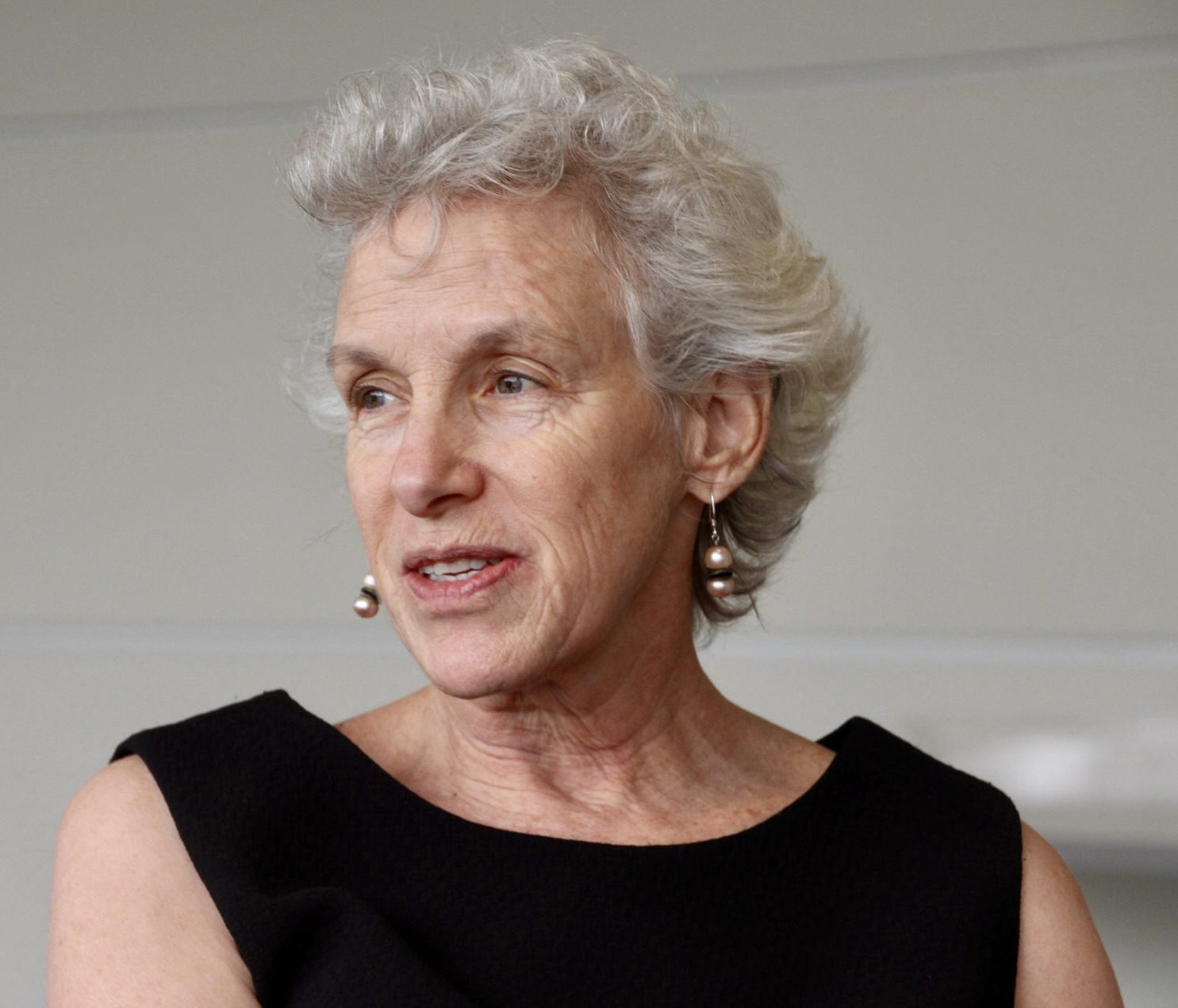Center for WorkLife Law Hails Legislative Wins for Working Families

Research and advocacy by the Center for WorkLife Law at UC Law SF helped inform recent legislation that expands protections for pregnant and breastfeeding workers.
After advocating for the rights of pregnant and nursing workers and students for more than two decades, the Center for WorkLife Law at UC Law San Francisco celebrated the passage of two landmark bills in December that give new legal protections to pregnant and breastfeeding workers.
The Pregnant Workers Fairness Act requires employers with 15 or more employees to make reasonable accommodations for pregnant, postpartum, and lactating employees. The PUMP for Nursing Mothers Act requires employers to provide lactating employees with reasonable break time and private space to pump breast milk. Both acts were part of the omnibus spending package signed into law by President Biden on Dec. 29 of last year. The Center for WorkLife Law’s research, advocacy, and partnerships with other nonprofits and civil rights organizations helped inform the legislation and push it over the finish line.

Liz Morris is deputy director of the Center for WorkLife Law.
“These historic new laws represent tremendous progress toward gender, racial, reproductive, and economic justice in the workplace. No worker should be forced to choose between their children’s health and their job,” said Center Deputy Director Liz Morris. “WorkLife Law is proud that our 2018 report Exposed: Discrimination Against Breastfeeding Workers (co-authored with WorkLife Law Senior Staff Attorney Jessica Lee) provided both the rallying cry and technical data that made the PUMP Act possible.”
The PUMP Act was based on a model statute co-authored by the center. WorkLife Law also runs free helplines for workers and students who encounter discrimination based on family caregiving responsibilities and is already receiving calls from workers asking about their rights under the new laws.
WorkLife Law Founding Director Professor Joan Williams has spent her career advancing the rights of family caregivers. Among the numerous academic articles she’s written on women facing discrimination at work, Williams details the experiences of pregnant women in a 2013 article in the Yale Law & Policy Review titled “A Sip of Cool Water.” The article details cases where pregnant women were fired for asking to keep a water bottle with them at work to stay hydrated and asking for a stool for a cashier job rather than standing all day, among others.
She said the new Pregnant Workers Fairness Act is of special importance for women working blue-collar jobs, whose employers in the past have forced them out of work to avoid providing accommodations.

Joan Williams is founding director of the Center for WorkLife Law at UC Law SF.
“I founded the Center for WorkLife Law 25 years ago and decided to focus on gaining rights for workers under existing statutes in creative ways, to grab rights for workers where they clearly didn’t have them because I thought no meaningful federal work-life legislation would pass – and it didn’t for the first 25 years of the Center for WorkLife Law’s existence,” Williams said. “Now there are two federal laws that are going to change the lives of millions of women across the country. I’m proud that WorkLife Law was part of the coalition that brought those laws into fruition.”